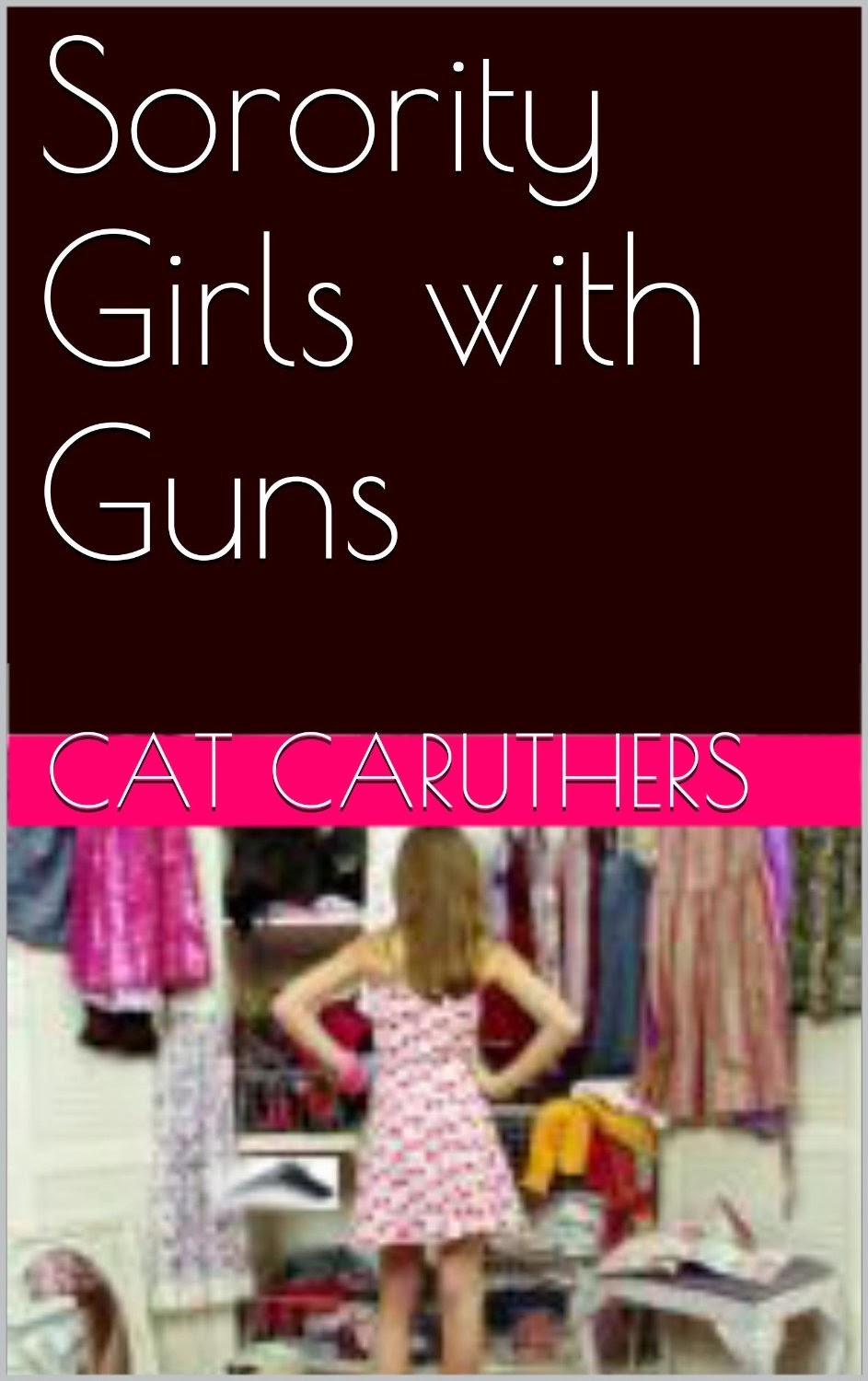I logged onto Facebook this morning and got a sad little surprise. My friend Melanie, who shall remain nameless for reasons of copyright, was upset because someone had reported her to Facebook for posting offensive content.
But what was this terrible, awful, horrible content that Melanie posted? The thing that was so shocking that it had to be Removed At Once. Was it torture porn? Torture is apparently considered a legitimate interest by the Facebook people, as it has its own 'interest page' HERE. No, it wasn't torture porn.
Was it something political? Some kind of nasty neo-Fascist image? Again, no, Facebook is all down with fascists and racists. Such as THESE ONES, or THIS PERSON, or indeed THIS ONE.
Was it something political? Some kind of nasty neo-Fascist image? Again, no, Facebook is all down with fascists and racists. Such as THESE ONES, or THIS PERSON, or indeed THIS ONE.
Homophobic hate speech? No, apparently according to Facebook that's quite ok, if THIS PAGE is anything to go by.
By now your mind must be all in a tizz wondering what awful thing Melanie posted that was worse than porn, worse than hate speech. Well, I'll tell you. It was cupcakes.
Yes, folks, you heard me. The offending picture was of some cupcakes. Penis cupcakes to be precise. These ones, actually.
So, what's the message here? That some light-hearted fancy cupcakes are going to poison the minds of our youth? Puh-LEEEEESE. Facebook terms require everyone on there to be over 13 anyway.
What it makes me wonder about, is exactly when did we get the idea that we were all our brothers' keepers? That it was appropriate or necessary to run about supervising everyone else's behaviour (while leaving our own unexamined) and reporting them all over the place? The world I lived in even twenty years ago wasn't like this. Usually, unless a person's actions directly harmed you, you left them alone, even if you thought they were naughty, or silly, or badly dressed or whatever. Even if they were tasteless, offensive and the like. You left them alone, and then when you did something they didn't like, they left you alone.
Now it seems we're all rushing about making 'complaints' whenever we see something we don't like. Let's look for a moment at the hidden results of that.
IT DRIVES UP COSTS AND CONTRIBUTES TO GLOBAL INFLATION
Yes, that's right - when any organisation starts to receive millions more complaints than usual, guess what - they have to employ more staff to deal with them. This drives up operating costs, which are always passed along to the end user, whether in the form of higher prices or increased tax.
IT DIRECTLY SUPPORTS THE FLOURISHING OF TOTALITARIANISM
Think about the government we have today, and then think about the government we had twenty years ago. How many bits of your life are now subject to scrutiny that used to be considered completely private? Then think about Hitler's Germany. Think about Soviet Russia. People were always denouncing each other in Soviet Russia, and in China too. They'd get sent off to the salt mines or the collective farms just for wearing a different colour hat or not loving Chairman Mao enough. In Hitler's Germany, even little girls were always looking over their shoulders. If you got dobbed in for not enjoying the BDM* enough you were in big trouble. This culture of 'dobbing' is common to all totalitarian states. Its function (apart from getting your citizens to do the dirty work of spying so you don't have to pay Thought Police to do it) is to break down the social bonds that form between ordinary people, and strengthen instead each citizen's bonds with the government, and thereby entrench the government ever more strongly with ever more complete control over the governed.
So yes, it's silly when some self-important redneck complains to Facebook about your cupcake picture. But it's more than silly. It's a sign of a deeply sick culture.
* Bund Deutscher Madel - the equivalent of the Hitler Youth for girls











